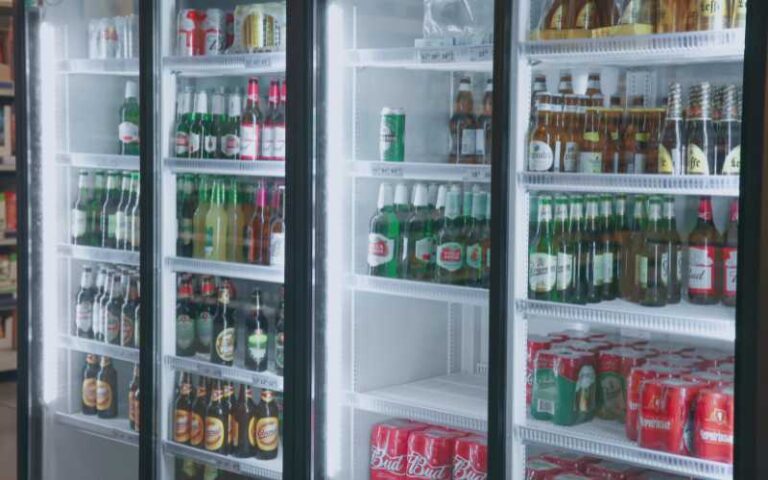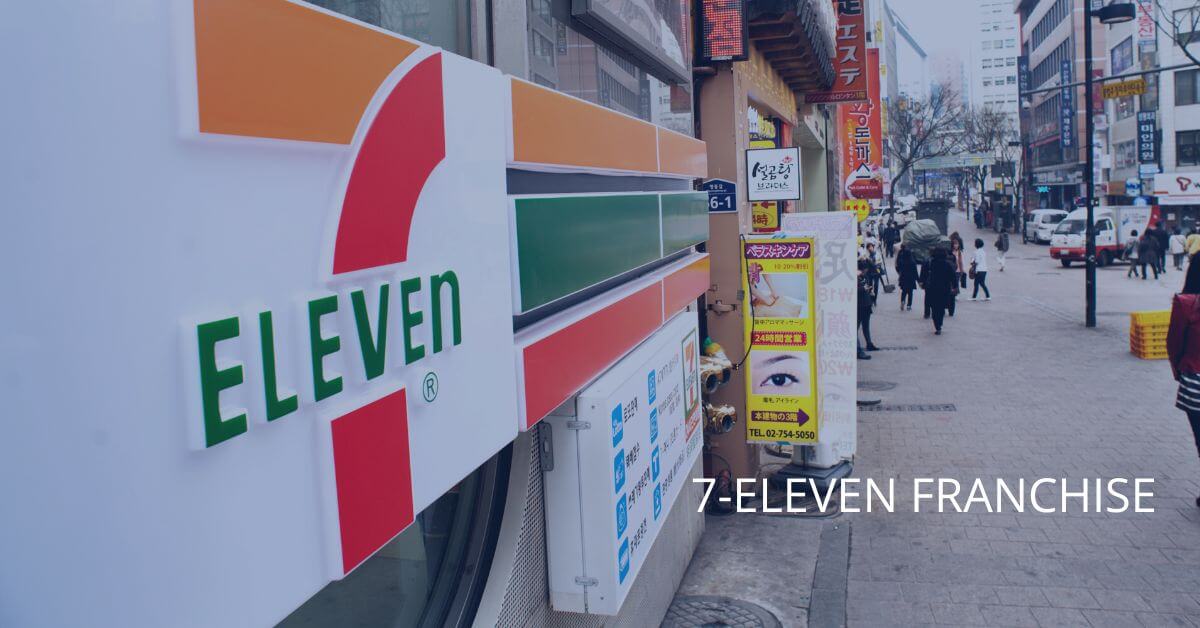Imagine running a business that never sleeps, where you’re serving everything from hot coffee to fresh snacks, and offering convenience to your local community around the clock. That’s the essence of owning a 7-Eleven franchise.
With more than 9,000 locations across the U.S. (including in Dallas, Texas), 7-Eleven is more than just a convenience store—it’s a trusted brand that people rely on. If you’re considering joining the world of franchises, here’s why 7-Eleven could be your perfect fit.
Why 7-Eleven Might Be Right for You
1. Profit Sharing, Not Just Royalties
The way 7-Eleven operates is different from many other franchises. Instead of charging you royalties based on sales, 7-Eleven shares gross profits with its franchisees. What does this mean for you? Simply put, 7-Eleven is focused on helping you make money. Your success isn’t just about selling more; it’s about being profitable, and 7-Eleven provides you with the tools and technology to make that happen.
2. People Know and Trust the Brand
One of the biggest advantages of a 7-Eleven franchise is the brand itself. Customers already know and trust 7-Eleven. From the iconic Slurpee to the fresh coffee, they rely on the convenience and quality that the store provides. With national marketing campaigns, you’ll have a strong, established customer base to build on from day one.
3. More Than Just Snacks
Yes, 7-Eleven is known for its snacks and Slurpees, but it’s so much more. You’re offering a range of services—from groceries and fresh meals to bill payments and ATM access. The more services you provide, the more ways you can serve your community and boost your income. Serving your customers’ needs means they’ll return, ensuring your store continues to succeed for years to come.
4. Always Open, Always Earning
Since 7-Eleven is open 24/7, you have a steady stream of customers no matter the time of day. Whether it’s early morning commuters or late-night snackers, the potential to earn around the clock is a huge advantage. More hours open means more chances to make money, and customers love having access to everything they need, when they need it.
What It Takes to Own a 7-Eleven Franchise

Initial Investment
Starting your own 7-Eleven franchise comes with an initial investment that includes:
Franchise Fee:
Ranges from This can range from $0 to $1,000,000, depending on the location and the store’s potential.
Down Payment:
Around $20,000. Additional inventory costs can range from $15,100 to $44,500 to cover equipment and other essentials.
Ongoing Costs
Once your store is up and running, you’ll have ongoing expenses like rent, utilities, and staffing. Since 7-Eleven operates 24/7, you’ll also need to account for utility costs, and you’ll be managing labor costs to ensure your store is well-staffed, especially during late-night and early-morning hours.
Support to Help You Succeed
One of the standout features of 7-Eleven is its incredible support system.
1. Financing Support
7-Eleven offers an internal financing program that covers up to 65% of the initial franchise fee—something not often found in the franchise world. Plus, 7-Eleven occasionally offers additional financing options, so there’s a lot of flexibility to help you get started.
2. Discounts for Veterans
7-Eleven offers discounted franchise fees to U.S. military veterans. If you’re a veteran, you’ll also find a community of people who understand your values and your dedication to serving others. Check out their veterans’ page for more info.
3. You Don’t Have to Build Your Store
Unlike many other franchises, 7-Eleven takes care of the development of your store. They’ll handle the cost of the land, building, and store equipment, making the setup process simpler. If you’re converting an existing store, 7-Eleven’s team will guide you through the conversion to make the process as smooth as possible.
What 7-Eleven Looks for in Franchisees

7-Eleven wants franchisees who are passionate about the convenience store business and have a strong commitment to customer service. The ideal candidate should have the right mix of:
Personal qualities:
A strong work ethic, leadership skills, and the ability to connect with customers.
Professional experience:
Business experience is a plus, especially in retail or customer service.
Financial standing:
Having the capital to cover both initial and ongoing costs is essential.
Diversity is important to 7-Eleven, and they actively promote diversity within their franchise system.
How Much Can You Make?
Earnings in a 7-Eleven franchise vary depending on factors like your location, how well you serve your customers, and how efficiently you manage your operations. If you offer excellent customer service, a well-stocked store, and a clean, welcoming environment, your chances for success are much higher.
7-Eleven provides historical financial performance data in its Franchise Disclosure Document (FDD), which can give you an idea of what to expect based on similar stores.
Equipment and Store Setup

One of the best parts of joining 7-Eleven is that they handle most of the equipment. Here’s what you’ll typically get:
- ATMs, coffee brewers, Slurpee® dispensers, and bakery cases.
- Refrigeration, microwaves, ice makers, and other essential equipment for serving hot and cold food.
- POS systems, security systems, and everything else you need to run a modern convenience store.
The exact equipment can vary depending on your store’s needs, but 7-Eleven takes care of the heavy lifting.
What’s Expected of You
Since 7-Eleven stores are open 24 hours a day, 7 days a week, your franchise will require constant attention. But don’t worry—you’ll have plenty of support to keep things running smoothly. If you’re up for the challenge of leading a store that’s always on the go, you’ll find success in the convenience store industry.
In Conclusion
A 7-Eleven franchise offers a fantastic opportunity to own a business with a strong brand, great support, and the chance to serve your community. With its unique profit-sharing model, commitment to training, and support for franchisees, 7-Eleven is a great choice for those who want to be part of an established and trusted brand in the convenience store industry.
Ready to build your future in the convenience store world? Explore what it takes to own a 7-Eleven franchise. Contact a franchise consultant today to get started.


